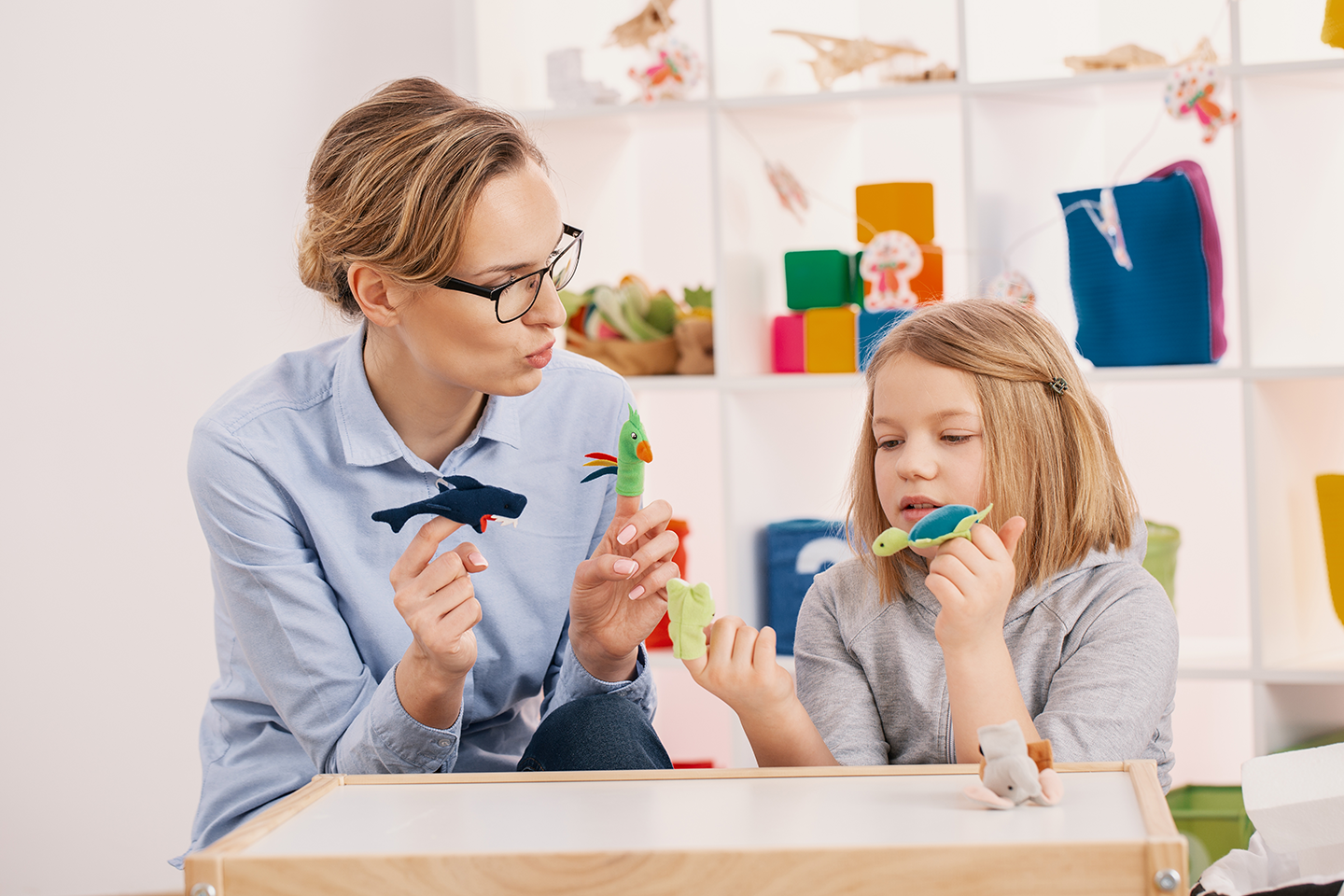Trauma-Focused Cognitive Behavioral Therapy (TF-CBT)
Research shows that TF-CBT successfully resolves a broad array of emotional and behavioral difficulties associated with single, multiple and complex trauma experiences. TF-CBT also effectively addresses many other trauma impacts, including affective (e.g., depressive, anxiety), cognitive and behavioral problems, as well as improving the participating parent’s or caregiver’s personal distress about the child’s traumatic experience, effective parenting skills, and supportive interactions with the child.




